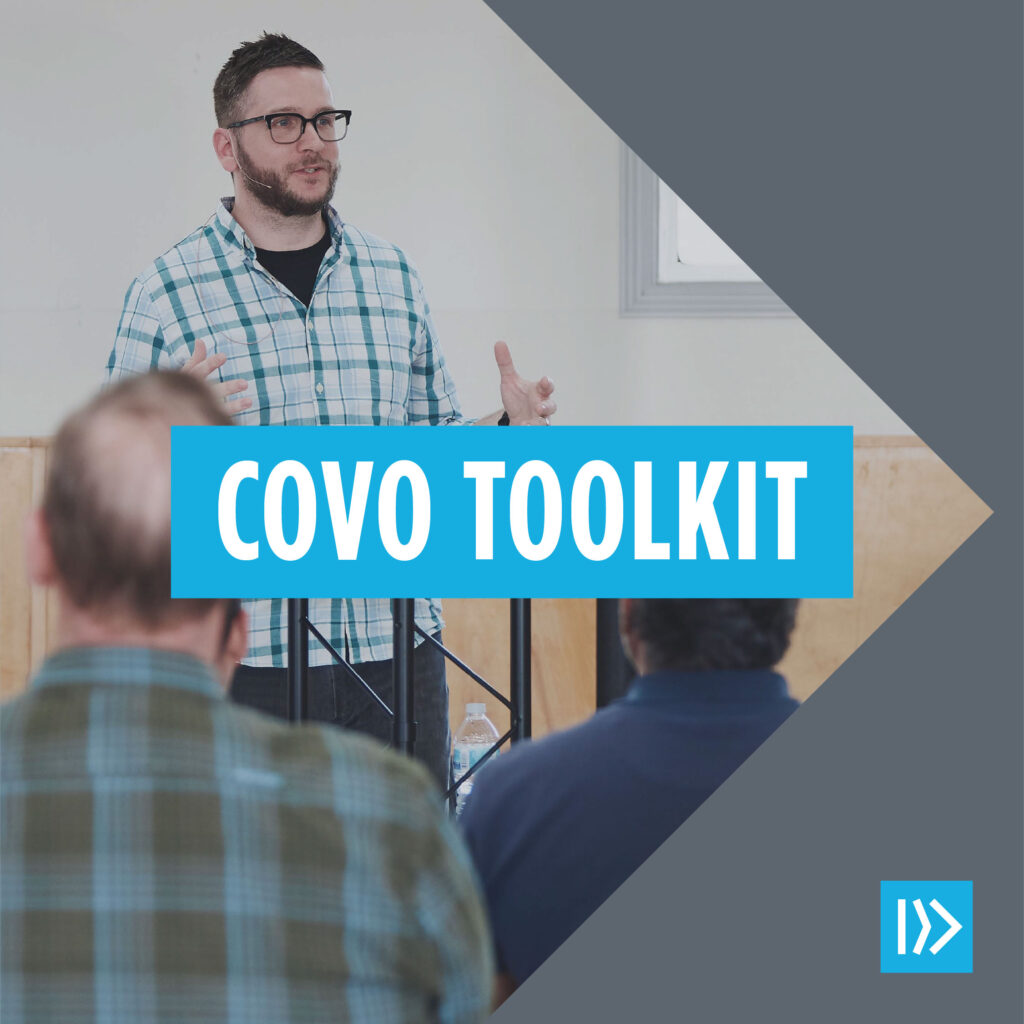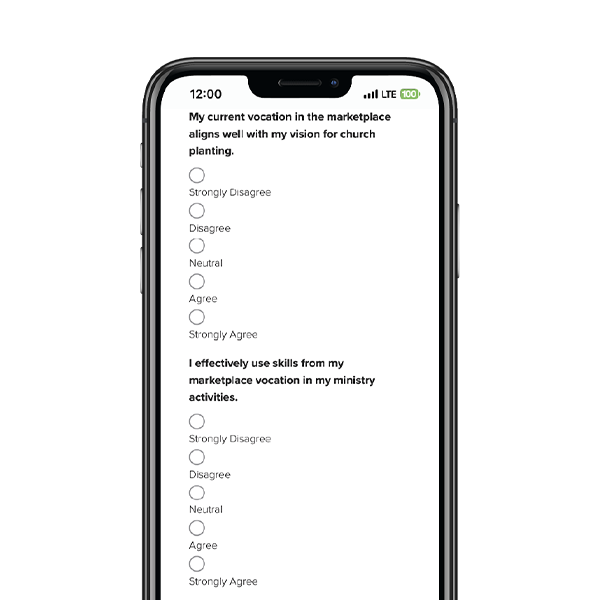“Wait a minute, what?” I thought to myself incredulously, “We are no longer a plant?” This thought hit me with the same force as waking up to realize that I am now in my 40s.
In the five years since moving to Bellevue, Washington, to plant Essential Church, it has been a surreal experience watching myself move from being a “newbie” to a “grizzled veteran.” The same can be said about watching your church plant grow to become a church plant no longer.
In difficult to plant places like Seattle, however, becoming financially self-sustaining can take longer than the typical partnership support. Sadly, many church plants struggle and even shut their doors during years 4-7 because they simply cannot continue financially.
So, how do church plants who are “no longer church plants” survive and thrive financially? Let me offer these simple and practical suggestions:
- Practice the “Joseph in Egypt” principle: In Genesis 47, Joseph prepared the nation of Egypt for the famine God had revealed to Joseph, by setting aside a reserve during the time of plenty. Similarly, for those church planters who have been able to recruit partners and develop an effective support system, finding a way to create a financial reserve is a very wise practice. Much like a personal savings account, if you can have 3-6 months of church expenses in reserve, it will help prepare you for a difficult season.
- Cultivate a culture of giving and generosity: In 2 Corinthians 8, we get a picture of the kind of church that every new and established church should aspire to be. The Macedonian churches were in great need, yet considered it a great honor to be able to give toward the needs of others. For church planters and those churches that are struggling financially, this is a great challenge and encouragement. When a church chooses to be generous in the midst of financial struggles, it inspires the congregation to also be generous. When churches keep a Kingdom-first philosophy in their giving, they demonstrate the kind of faith, obedience, and sacrifice that inspires those same values.
- Revive the vision of your church: People are inspired to give to vision, more than need. If the giving is lagging, it may be the people have lost sight of the vision. To grow your giving, do not emphasize communicating needs; instead, focus on refreshing the vision. People intrinsically want to be part of something bigger than themselves, so regularly take time to share stories of how the vision of the church is changing lives and how the future will be impactful for eternity. Inviting people to give to vision is far more compelling than giving to need.
- Talk about money from Day One: Many church planters fear they will scare off guests by talking about money. However, Jesus talked about money often. In fact, more than a third of Jesus’ parables focused on money. Ultimately, how a Christian handles money is a worship and discipleship issue, and if you avoid talking to your church about it, you will do them a disservice. Taking a couple of minutes every Sunday and dealing with money in the regular preaching and teaching of the Word are important habits to begin early in a church. Also, a quarterly or annual giving letter can be a very helpful tool for keeping people emotionally connected to their church giving.
- Be humble enough to consider every option: If the church is struggling financially, it may require the church (and church planter) to consider some options that might challenge a church planter’s pride. A church planter may need to consider becoming bi-vocational to relieve the financial burden of the church. A church also may need to consider relocating or making other large moves that might impact the finances. Finally, a church planter may need to go back to previous supporters and ask for an additional pledge of financial support. If one or more of these options are necessary and viable, do not allow a lack of humility to submarine the church.
If the church you are in is financially thriving right now, do not take that for granted. As you invest in the kingdom of God, perhaps consider supporting not only a brand-new church plant, but also a church plant that may be a few years in but not yet fully self-sustaining financially. Giving to a church plant that is “no longer a church plant” may be one of the best kingdom investments an established church can make.
Whether you are a church plant or “no longer a church plant,” seek to keep the Kingdom first in your giving and finances.
Published February 27, 2018



